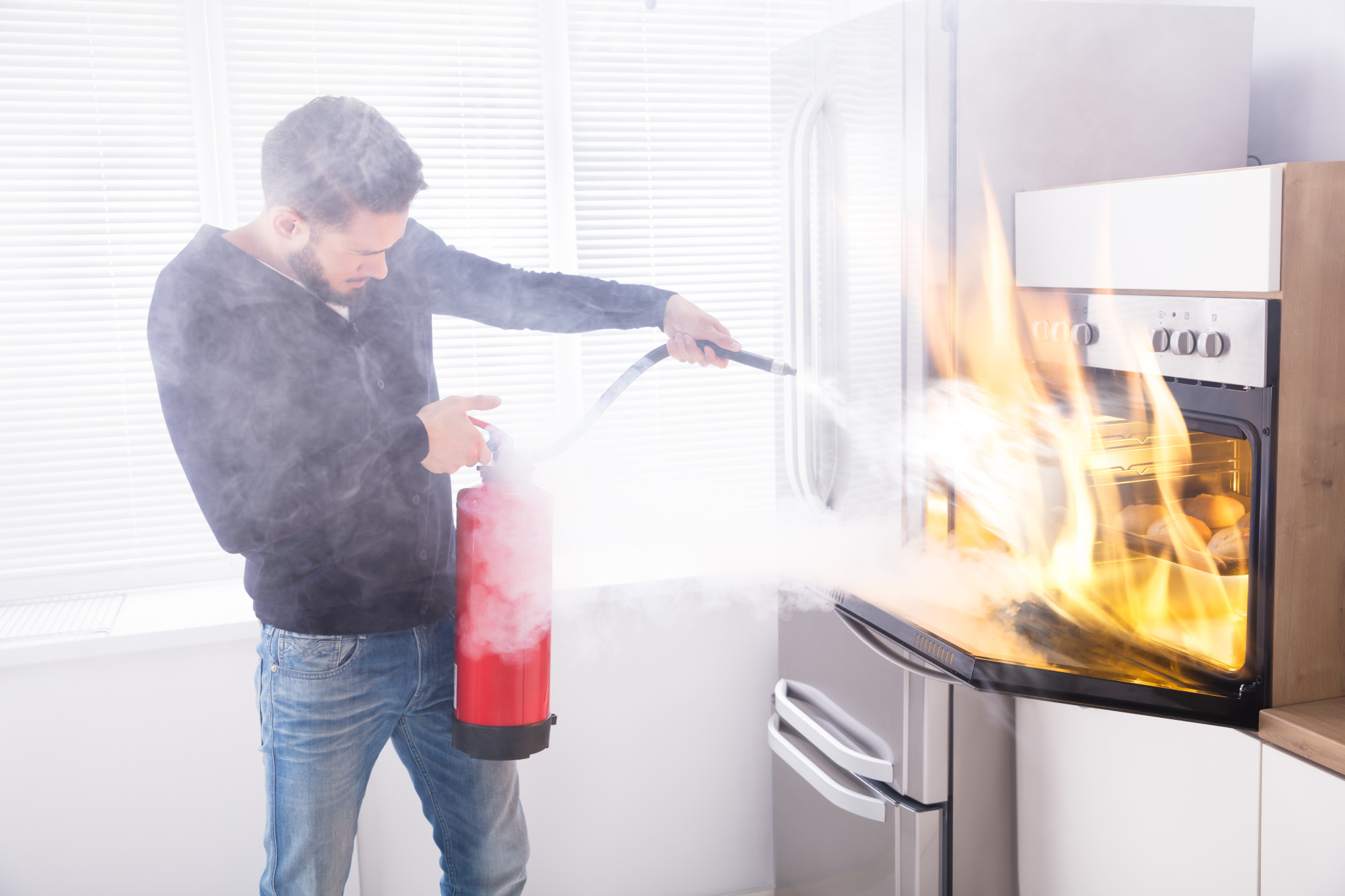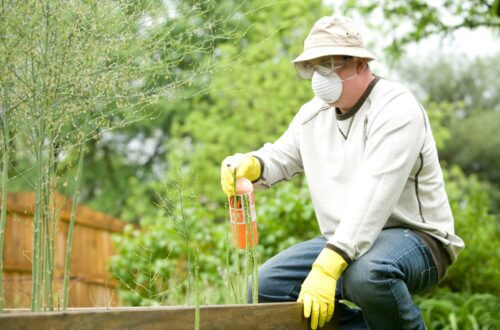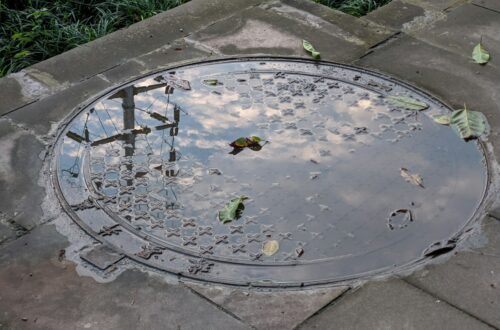No matter how much we might want to live on the brightside of life, worst case scenarios are bound to creep in every now and then. And it makes sense, our brains are wired for self-preservation.
When you’re sitting in your house, looking around and considering the worst case scenarios, a house fire undoubtedly comes to mind. It’s an unpleasant fact, but over 350,000 house fires occur every year. To make matters worse, these fires result in more than 2,500 deaths a year.
That said, more often than not, house fires are preventable. By knowing the top causes of house fires, you’re more likely to keep your family safe from this disaster.
Listed below are a few of the leading causes of house fires, as well as how to prevent them.
Unfortunately, even with the information below, you may still have a fire. In that case, you will want to seek out the best fire restoration company in your area. Not all fires result in a total loss, and hiring professionals will help you maximize your recovery effort.
1. Electrical Faults
Electrical faults in your wiring most often cause electrical fires. A portion of the wiring within the walls short circuits, causing a spark that ignites the insulation and wooden studs alongside it. It’s also common for a circuit that’s overloaded with electrical current to overheat, leading to a fire.
Though electrical fires aren’t the most common type of house fires, they’re one of the most deadly. This is because they begin within your walls, and by the time the fire is big enough to break through, it’s too late. Not to mention, it’s not uncommon for these fires to begin while everyone in the home is sleeping.
Now, these fires typically only occur in houses with older wiring systems. Nowadays, electrical systems are much safer, installed with many built-in protective features.
If you’re unsure of which type of wiring your home has, it’s a good idea to seek the help of a professional electrician. They’ll be able to give you an overview of your system and make suggestions for any recommended improvements.
Unless you have experience working with electrical repairs, do not attempt to make these improvements yourself. This is one of the best ways to put yourself in danger of a house fire. If you do plan on working on your own electrical system remember to wear electrical insulating gloves (visit Unigloves for more info on protective gloves) to avoid being electrocuted while working.
2. Smoking
The bottom line is this: smoking is an incredibly hazardous habit. It’s a common cause of not only a long list of cancers and other diseases but also of house fires.
If you’re a smoker, it’s best to begin the process of quitting, but at the very least, don’t smoke inside or around your home. House fires caused by cigarettes are the most deadly of all, resulting in almost a quarter of fire deaths.
Though it’s not a great idea to smoke inside your home at all, you should absolutely take care to never smoke in bed. One piece of ash landing on the wrong spot on your mattress, sheets, or carpet and your bedroom is aflame.
Smoking outside, at least a few feet from your home, is best. But if you have to smoke inside, do so over your sink with an ash tray.
Yes, a fire insurance claim can help you to recover any damages caused by a house fire, but is it really worth the risk?
3. Christmas Trees
Who doesn’t love Christmas? There’s nothing better than sitting around a beautifully decorated Christmas tree with your loved ones during the holiday season. However, Christmas trees aren’t without risk.
If you have a real evergreen tree, you run the risk of the tree drying out over time, leading to a flash fire. When a tree is particularly dry, all it takes is a hot light or spark for it to ignite. Keep your real Christmas trees watered and don’t expect them to last forever – when you see that it’s dried out, it’s time to get rid of it.
As for artificial trees, you don’t have to worry about flash fires due to dry branches, but you do need to watch out for bad wiring. Whether your tree has pre-installed lights or you hang your own string lights, be careful not to leave them plugged in too long or overload an outlet with plugs.
In addition, you should always use LED bulbs over traditional incandescents. These remain cool to the touch, even after being lit for hours. That said, even if you do use LEDs, you should inspect your lights every year to check for bare wires and other problems.
4. Kitchen Incidents
By far the most common cause of house fires is incidents in the kitchen, or cooking related fires. In fact, almost half of all residential fires are caused by things like mishandled grease, unattended ovens, and portable appliances.
The most effective way to avoid kitchen fires is to never leave your kitchen unsupervised while you’re cooking. Even if you’re doing something as simple as using a toaster to toast a piece of bread.
Many of these types of fires occur because the kitchen is left while food is in the oven or on the stove, and by the time the person gets back to their food, the fire has started and it’s too late to put it out.
You should also be sure that any portable appliances, such as toaster or griddles, are cool to the touch before storing them. And clean both your small and large appliances out on a regular basis to prevent the buildup of crumbs, or worse, grease.
Keep in mind that grease, while useful, is extremely flammable. When it reaches a hot enough temperature, it has the potential to spontaneously combust.
Keep Your Family Safe From House Fires With This Guide
Most of the common causes of house fires are things we’re all too familiar with and would never consider a hazard. And while you shouldn’t be afraid of your home or your belongings, it’s always best to err on the side of caution.
Taking steps to ensure that you’re enjoying things like candles and your next gorgeous Christmas tree safely will help you keep both yourself and your family safe from harm.
For more home safety tips, take a look at our blog!






